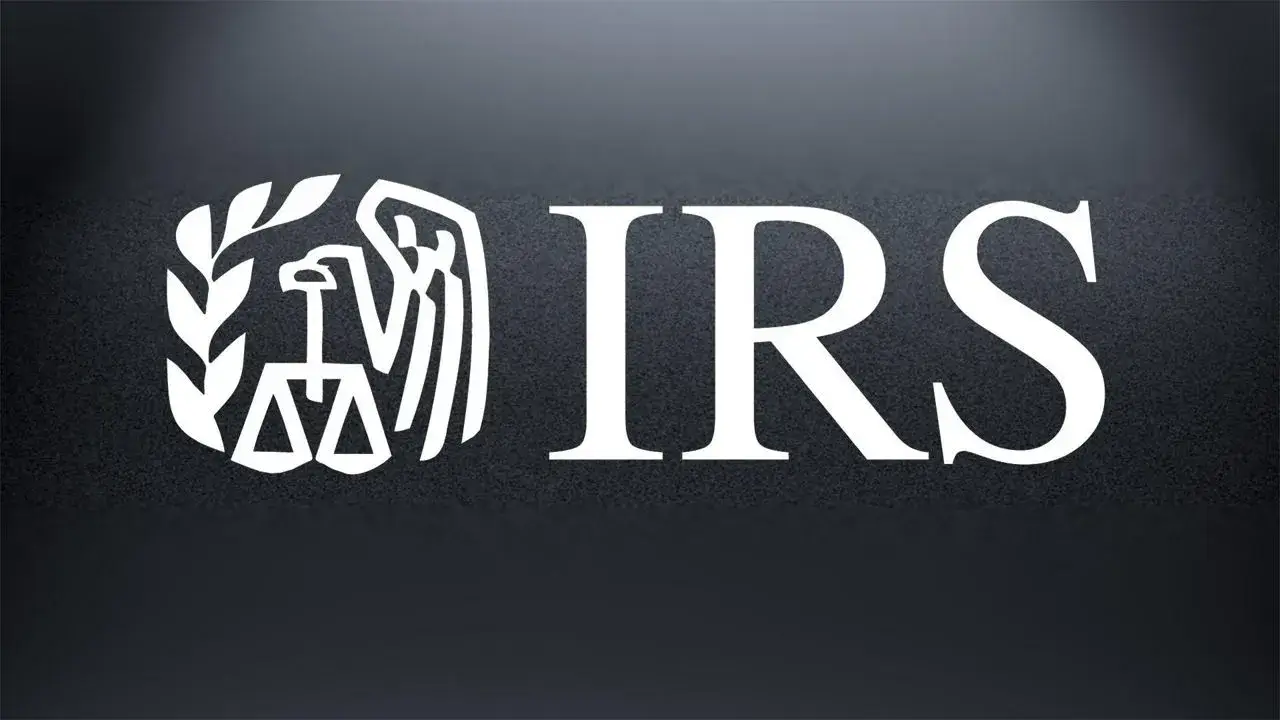U.S. Supreme Court Backs IRS Access to Crypto Exchange Data
01.07.2025 17:00 2 min. read Kosta Gushterov
In a major development for cryptocurrency regulation and user privacy, the U.S. Supreme Court has declined to hear a challenge to the IRS’s authority to collect broad customer data from crypto exchanges.
The Court’s decision, issued Monday, leaves intact a lower court ruling that grants the IRS sweeping access to user information—even without a specific warrant.
IRS Wins Legal Ground in Coinbase Data Case
The case, Harper v. Faulkender (Docket No. 24-922), centered on whether the Internal Revenue Service violated constitutional protections when it obtained bulk customer data from Coinbase. Plaintiff James Harper had argued that the IRS’s data sweep constituted an unreasonable search, in violation of the Fourth Amendment, which guards against invasive government access to personal records without due process.
By denying the petition for writ of certiorari, the Supreme Court effectively endorsed the lower court’s ruling in favor of the IRS—cementing it as legal precedent. This marks a decisive victory for the federal government’s push to increase tax compliance in the fast-growing crypto sector.
What This Means for Crypto Users
The ruling reinforces that crypto accounts on centralized platforms like Coinbase do not enjoy the same privacy protections as personal documents kept at home. In legal terms, once you voluntarily share information with a third party—such as an exchange—you may no longer have a “reasonable expectation of privacy,” which the Fourth Amendment is designed to protect.
This opens the door for the IRS to request and collect transaction records, wallet histories, and user data from crypto platforms, even in the absence of individual suspicion or wrongdoing.
A Broader Shift in Crypto Surveillance
The decision highlights a growing trend: centralized crypto exchanges are becoming gateways for federal oversight. The IRS has already used similar strategies to gather data from exchanges in past enforcement campaigns. Now, with the Supreme Court’s refusal to hear the case, that power is solidified.
Privacy advocates argue that the decision could have far-reaching consequences, not just for crypto traders, but for anyone who uses digital platforms to manage financial assets. Critics warn that the ruling gives the government too much unchecked power, especially in an era where financial surveillance is expanding rapidly.
Final Takeaway
Crypto investors using U.S.-based exchanges should be aware: their data is not shielded by constitutional protections in the way they might expect. With this legal precedent now in place, federal agencies have a clearer path to scrutinize crypto-related financial activity as part of tax enforcement and compliance efforts.
The privacy-versus-security debate in crypto just escalated—and the courts have clearly sided with government access.
-
1
Key Crypto Events to Watch in the Next Months
20.07.2025 22:00 2 min. read -
2
House Clears Path for Landmark Crypto Bills: Vote Set for Thursday
17.07.2025 9:15 2 min. read -
3
Australia Tests CBDCs in 24 Separate Real-World Finance Use Cases
10.07.2025 19:00 2 min. read -
4
U.S. House Passes Sweeping Clarity and GENIUS Acts
17.07.2025 23:29 1 min. read -
5
Senate Confirms Crypto-Linked Nominee Jonathan Gould to Head OCC
11.07.2025 9:00 2 min. read
Nigeria Signals Greenlight for Stablecoin Innovation Under New Regulatory Vision
Nigeria is taking a decisive step toward embracing stablecoin adoption, as the country’s Securities and Exchange Commission (SEC) outlined its readiness to support digital currency innovation—under clear regulatory conditions.
South Korea Urges Asset Managers to Limit Exposure to Crypto Stock Like Coinbase,MicroStrategy
South Korea’s top financial watchdog has issued informal guidance urging local asset managers to scale back their investments in crypto-related stocks, according to a Korean Herald report.
SEC Reverses Bitwise ETF Approval Just Hours After Greenlight
In a surprising move on Tuesday, the U.S. Securities and Exchange Commission (SEC) initially approved Bitwise’s proposal to convert its cryptocurrency index fund into a full-fledged exchange-traded fund (ETF)—only to halt the decision just hours later.
Senate Republicans Unveil Crypto Market Bill to Expand CLARITY Act
Senators Tim Scott, Cynthia Lummis, Bill Hagerty, and Bernie Moreno (R-OH) have released a discussion draft of a new digital asset market structure bill—framed as the Senate counterpart to the CLARITY Act.
-
1
Key Crypto Events to Watch in the Next Months
20.07.2025 22:00 2 min. read -
2
House Clears Path for Landmark Crypto Bills: Vote Set for Thursday
17.07.2025 9:15 2 min. read -
3
Australia Tests CBDCs in 24 Separate Real-World Finance Use Cases
10.07.2025 19:00 2 min. read -
4
U.S. House Passes Sweeping Clarity and GENIUS Acts
17.07.2025 23:29 1 min. read -
5
Senate Confirms Crypto-Linked Nominee Jonathan Gould to Head OCC
11.07.2025 9:00 2 min. read


